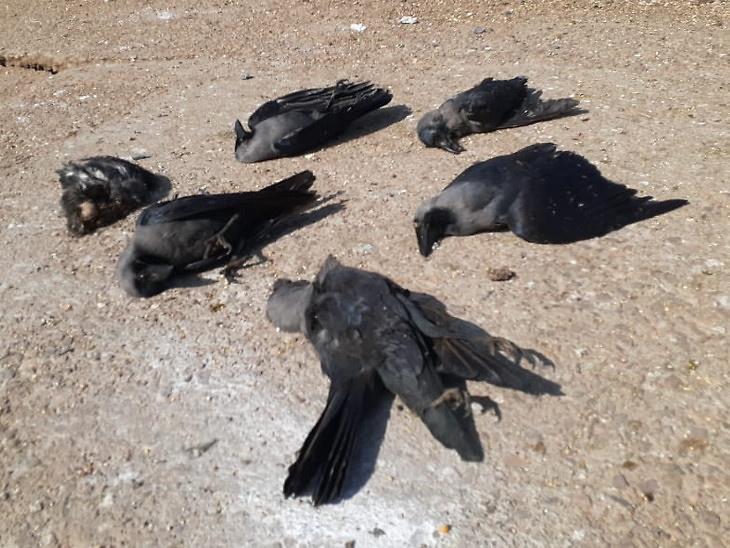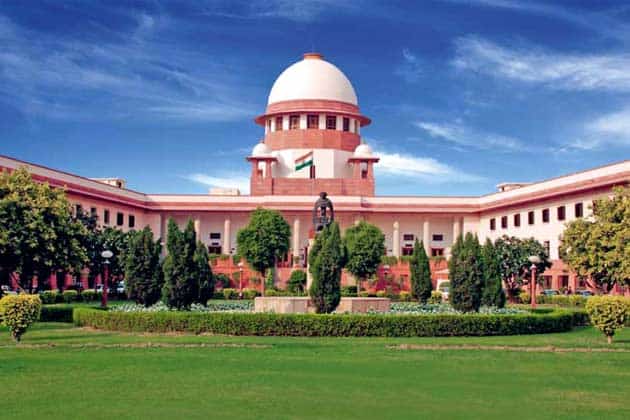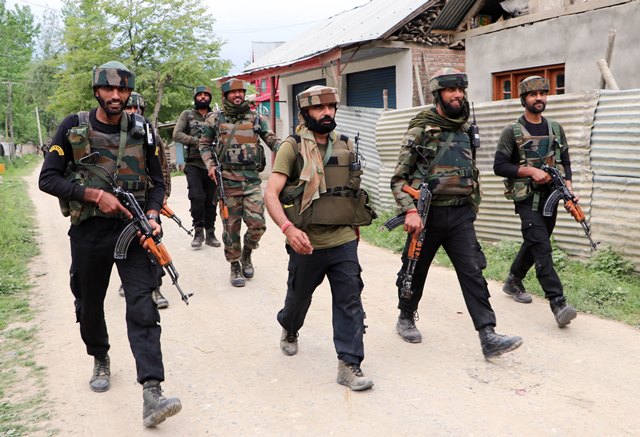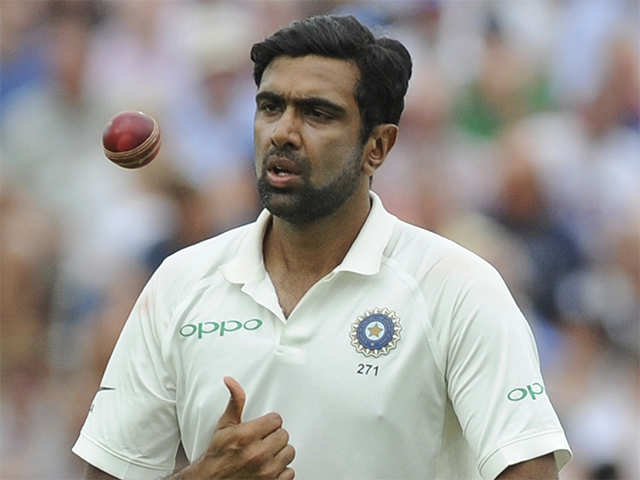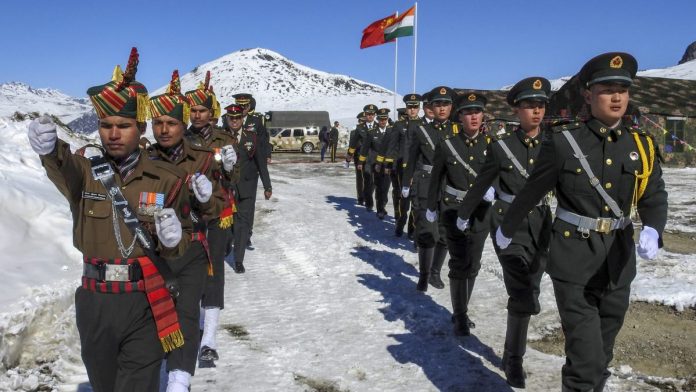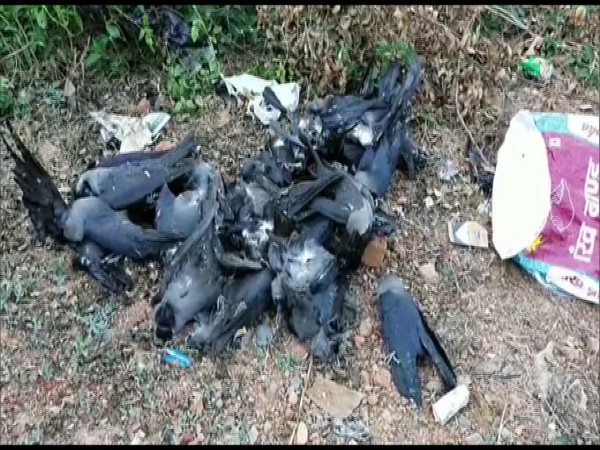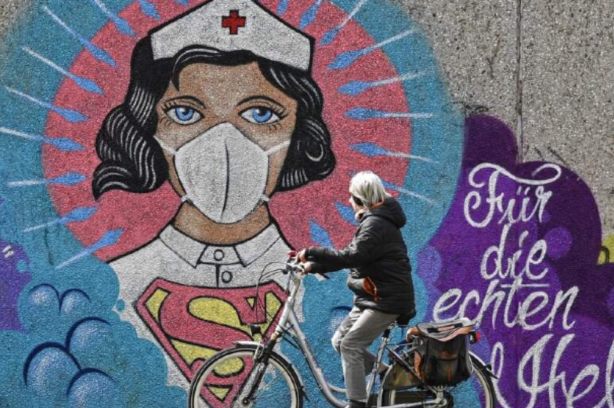It is sad that when India is poised to fight back Covid-19 pandemic with the help of a vaccine it has produced in collaboration with the British, it will not be hosting Prime Minister Boris Johnson for this year’s Republic Day celebrations.
The visit was not intended by either nation as a ceremonial, goodwill-good talk event. The media in both countries had painted a bright collaborative picture despite the pandemic and the economic woes that it has accelerated and despite criticism of their respective leaderships in their respective homes and elsewhere.
To the British media, Sean O’Grady of The Independent for one, India was (and remains) an ideal British destination as an economic powerhouse that could help Britain post-Brexit to reach out globally. This has also been the trend in much of the Indian thinking, although Brexit itself is considered a disastrous move.
Much cooperation was in store, on several fronts, and this should continue, visit or no visit.
Going beyond bilateral issues, and the limited impact they would have in both South Asia and in Europe, it is worth stressing on the oodles of hope that the New Year has brought, but without enough effort to apply the correctives that made last year disastrous worldwide.
The New Year has ushered in or reinforced some supreme ironies that are not likely to go away. One of the biggest, if not the biggest, is that of the United States, the most powerful nation with the best of doctors, medicines, hospitals with the support of science and technology –and money to buy anything from anywhere – having the highest number of Corona-casualties.
And Johnson, who could have acknowledged the role of the British-found vaccine in India, had to cancel his visit because of the grim turn Corona has taken at home. The Doctor has failed to heal himself.
Many leaders across the world feel that Donald Trump might have won the US presidential polls but for the Covid-19 devastation. But is the man who threatens to “fight like hell” till his last day in office at all sorry or repentant for his deliberate and conscious neglect, and repeated misdirections in fighting the pandemic? Are other leaders across the world, too, who find scapegoats to justify their omissions and commissions on the Corona front ready to mend their ways?
Trump will go, but Trump-ism survives. The storming of the Capitol by his supporters on his exhortations was an unprecedented, almost unthinkable, challenge to American democracy. It exposed the depths of the divisions that have coursed through the US during Trumps four years in office. This is how democracy dies.
The incident rang alarm bells worldwide for other leaders. It is gratifying that Johnson and India’s Narendra Modi joined other serving and retired heads of government in condemning the storming of the Capitol, pleading that democratic processes be allowed violence-free.
Having talked of the leaders of the ‘greatest’ and the ‘oldest’ democracies with regard to the pandemic, some observations on the performance of the ‘largest’ are essential because India is also the world’s third-highest for Corona deaths. The shock lockdown ordered on March 24 last year gave barely three hours to prepare to 1.3 billion people. Over 40 million migrant labour were displaced and walked hundreds of miles to seek work or deprived of it, to their impoverished homes.
A bulk of them were from Bihar. After a subsequent election victory in the state, Modi cited them as “endorsement of our policy” to fight Corona. Other chief ministers have also hastened to take credit, while glossing over the failures and miseries they have caused.
A year hence, the government is to begin a study to examine the impact of this world’s largest mass movement caused by job-loss. If not avoidable, it could have at least been managed better.
India was in an economic mess long before Corona exacerbated it. But the blame continues to be placed at the door of the past government that went out of office over six years ago.
The story is similar to Brazil’s Jared Bolsonaro, the Indian Republic Day’s Chief Guest last year, and quite a few others who have used their electoral mandates to ride the rough shod on political critics and non-government bodies among others, and suppressing popular protests. Sadly, sections of bureaucracy, judiciary and media have played the ball with the politicians in power.
It may sound anti-democratic, but give them large majorities in legislatures, and they run berserk. Does the problem lie with leaders and their parties winning popular mandates with massive majority in legislatures? What tempts them to impose personal/ political agenda with potential to divide people?
The largest functioning democracy, India currently has examples of a chief minister building a 900 million palace (Telangana), another razing an entire city and battling courts that question his decisions (Andhra Pradesh) and at least three chief ministers issuing ordinances that penalize marriages among consenting adults, if they are by a Muslim man and a Hindu woman.
They take their cue from New Delhi that has enacted three federal laws on farming, virtually snatching away a subject that is with the states as per the Constitution. How can there be a single federal law in a country of India’s size with its differing weather conditions, water resources, crop patterns and marketing systems?
With millions affected, over a hundred thousand farmers have blocked entries to the national capital for the past several weeks. Three scores have died in freezing cold. Talks are dragging on. Notably, the farmer is the only one to produce record quantities of food when India’s industrial output, the service sector and the commercial activity suffered thanks to Covid-19.
In saying all these things, one cannot be ignoring the strong support base such leaders and their governments enjoy. One is the middle class and the other, the corporate sector – both suckers for a ‘strong’ leadership and the political stability that supposedly comes with a popular mandate. All other things do not seem to matter. Modi, at least, continues to enjoy this support, and his party continues to win elections in one state after the other.
India’s middle class embraced the lockdown dutifully and enthusiastically, lighting lamps and clanging food plates. The fleeing migrant worker was a good riddance till his absence was felt. But to its credit, the middle class also organised relief. The lead was taken, not so much by governments overwhelmed by the crisis, but by the NGOs and charities.
Vaccines, both British-found and Indian, may – and must – raise hopes, although Corona is still not going to go away soon. The larger question is: Will this create a semblance of churning, among the leaders and those who place their faith in them by voting them to power, to work for a better world and may be, leave a few good examples for the future generations to emulate?
The writer can be reached at mahendraved07@gmail.com
